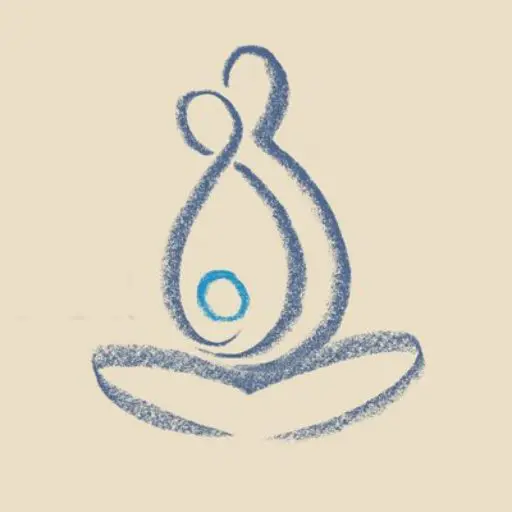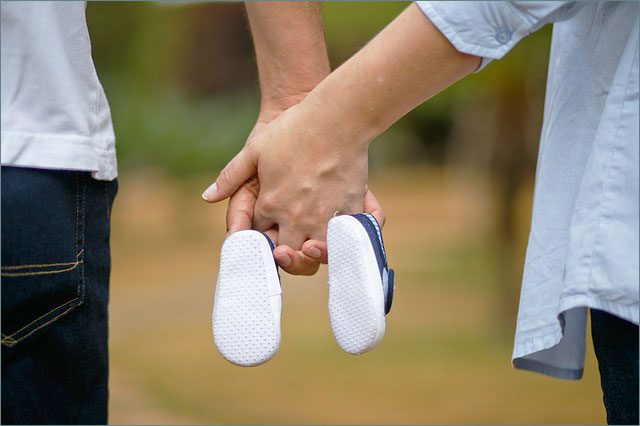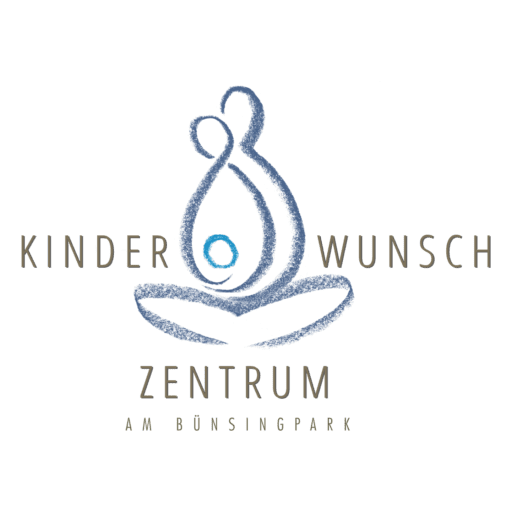The wish for a child
despite endometriosis
Endometriosis is a disease of women, when the uterine tissue spreads outside the uterus. Endometriosis can cause pain and spasms and infertility. It can be treated by hormones or by an operation.
Once again, the Kinderwunsch-Zentrum am Büsing Park in Offenbach has been certified successfully as Endometriosis Centre by the Foundation of European Endometriosis Lique. Women suffering from endometriosis profit from the interdisciplinary collaboration of our center with other medical specialists and other hospitals in the Rhine/Main region, like for example Giessen University Women’s Clinic. Specialised rehabilitation facilities and the Endometriosis Self-Help Group are partners of our clinic as well.
The desire to have children and endometriosis
Endometriosis is frequently the cause for infertility. Women who suffer from endometriosis have a 50% probability to suffer from infertility. This correlation is proven, but not all details are clear yet.
What can happen to the body of a woman suffering from endometriosis?
- Irregular menstrual cycles (for example menstruation without ovulation)
- Corpus luteum deficiency
- Adhesions to the uterus, fallopian tubes and ovaries are frequently the reason why normal fertilisation cannot occur
- If endometriosis occurs in the fallopian tube, this can cause the fallopian tube to become sealed
- Endometriosis can also generate inflammation which disturbs the complex an biochemical equilibrium of the body
- The migration of the sperm to the egg cell through the uterine lining and fallopian tubes can be affected
- Pain experienced during intercourse
Complaints
If an endometriosis is present, a variety of symptoms can occur, but not all of them must occur in every case. The following complaints can occur:
- Pain during menstruation (dysmenorhea)
- Pain during sexual intercourse (dyspareunia)
- Pain during bowel movement / urination (dyschezia/dysuria)
- Chronic lower abdominal pain, back pain, aching limbs
- Bleeding disorders
- Infertility
The severity of endometriosis is not necessarily related to the severity of the pain. Rather, even very small foci can cause very severe pain, while women with large foci or endometriosis cysts have no symptoms at all. [ ]
Diagnostics and Examination
The first step is a detailed discussion in which you should report all the symptoms listed above that apply to you.
This is followed by a gynaecological mirror and palpation examination. During the mirror examination, the posterior vaginal vault and the cervix are examined. The palpation examination provides information about the size and position of the uterus and about cysts on the ovaries. As a rule, an ultrasound examination of the lower abdomen is also performed.
The symptoms and examinations described above can all only confirm a suspicion of endometriosis. Ultimately, however, the confirmation of the diagnosis can only be confirmed by processing and examination of suspect tissue.
The removal of suspect tissue can be done by laparoscopy.
In the case of special questions, an examination of the bladder, a colonoscopy, magnetic resonance or computer tomography may be necessary. [ ]
Endometriosis therapy
Endometriosis should be treated on an individual basis. Infertile patients suffering from endometriosis are first offered a consultation appropriate to their medical situation. Our goal is to enhance the quality of life by reducing or eliminating the associated problems. Another goal is to reinforce the immune system and to offer psychological support to our patients.
Surgery and recovery
Here a laparoscopy or abdominal incision can be used to take tissue for diagnosis. Surgery can also be used to eliminate the endometriosis or unblock adhesions and check the passage of the fallopian tubes if treatment for infertility is desired.
Hormone therapy
The hormone therapy related to the treatment of endometriosis aims at the reduction of the amount of estrogen in the body. Generally, this prevents endometriosis from growing, ideally, it dries up. There are various types of hormone therapy:
- Combined hormone preparations
- GnRH Agonists
- Pills taken over the long term
- Gestagens
- Hormonal spirals
Pain medication
Individualised pain therapy can reduce symptoms and be a part of the treatment, because it enhances life quality. However, these do not influence the course and causes of endometriosis.
Complementary supportive treatments
Alternative therapies do not eliminate the causes of endometriosis. However, they can enhance the patient’s sense of well-being, support the immune system and reduce pain.
These alternative therapies include acupuncture, homeopathy, traditional Chinese medicine, naturopathic therapies, bioresonance, yoga, tai chi and progressive muscular relaxation.
You can find more information about endometriosis in this video.


















